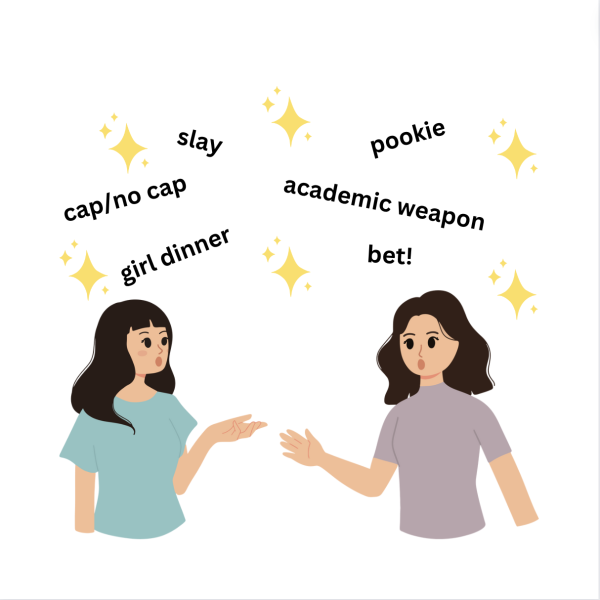Real Life Skills
High school alumni are often lost when they enter adulthood and have to deal with finances. Ava Bruxvoort ’25 explains why financial skills need to be taught in school to better our chances at success.
There are many life skills that we need as we get older that we aren’t taught in school. There are some subjects in school that seem to be pointless or useless, other subjects that we don’t get enough of. If we are going to spend 7 hours, 180 days of the year in a school, then part of that time needs to be spent preparing for after high school with financial skill classes.
While there are a few classes that we can take such as personal finance or intro to business, we need more. Limitations arise in these because either the teacher isn’t educated enough to give you a good understanding or the material we actually need is not in the curriculum. When I took intro to business, I thought I would come out of that class educated on the real word. That was not the case. I learned about random topics, such as food trucks and budgeting for vacations. It was informational, but not actually helpful. We need a class focused on the financing we will have to do when we enter adulthood.
As you enter adulthood, you gain lots of independence, which comes with many new responsibilities. These include paying your taxes, setting up trust or other funds, and figuring out interest rates. I asked my cousin who is in college about her thoughts on the new financial skills she has gained since high school. “I was quickly overwhelmed with everything I either had to keep track of or pay for in a financial sense, ” Mary Kate ‘22 said. She went on to talk about the speed at which she had to learn what to do was often too fast, but she had to keep up.
College graduates spent 16 years gaining skills that will help them command a higher salary; yet little or no time is spent helping them save, invest ,and grow their money.”
— National Financial Speaker Vince Shorb
There are definitely hundreds of resources out there but it would still be like we were playing catch up with all the financial skills after leaving high school. “I wasn’t alone though, it seemed as none of my friends knew much about how to do taxes and we learned together, ” Mary Kate ‘22 said. This made me realize that it isn’t their fault they don‘t know, but the lack of teaching on the subject done in high school.
A financial education subject should be a year long course that could be taken either junior or senior year. A course integrated throughout a year of high school would allow students to gradually collect information and a ‘catch up’ phase wouldn’t occur after high school. According to a 2017 Nerdwallet article, 46 % of Americans do not know what tax bracket they are in. According to the IRS, about 90% of U.S. taxpayers pay a professional or use software to file. Paying professionals can cost up to 200 dollars, which is unnecessary if we know how to do them ourselves.The grim knowledge we have about our finances shows that we need to be taught these skills in school.
In the same way that learning a new subject or skill takes time, learning and figuring out life skills takes practice and time to gather knowledge. Giving us the opportunity to become familiar with financial and life skills provides us with the ability to move into adulthood more gradually with the confidence to look after ourselves. You must step back and think about the purpose of school, it is to prepare us for the real world. Financial education is essential to our high school experience and should be a more intensive class we have to take.
Your donation will support the student journalists of West High School. Your contribution will allow us to purchase Scholarship Yearbooks, newsroom equipment and cover our annual website hosting costs.

(she/her) Ava Bruxvoort is a junior at West High and this is her second year on staff. She is the Sports Editor for the Trojan Epic. She loves to spend...










